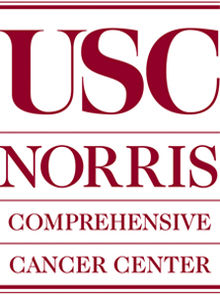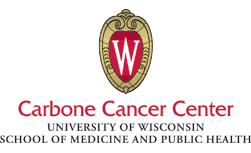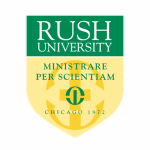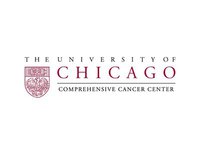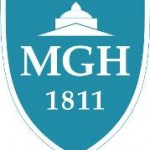Stephanie Jenkins is Changing the Face of Lung Cancer
Wednesday, June 13th, 2012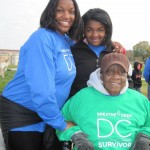 My mother was diagnosed with Stage IV lung cancer in Nov. 2010. At that time, I moved my family (myself and three children) back to MD to care for her during her treatments. By the time she was diagnosed, the cancer had spread to her breast, liver, spine and brain.
My mother was diagnosed with Stage IV lung cancer in Nov. 2010. At that time, I moved my family (myself and three children) back to MD to care for her during her treatments. By the time she was diagnosed, the cancer had spread to her breast, liver, spine and brain.
My mother went through aggressive chemo and radiation treatments for almost 5 months. By May of 2011, my mother was in almost complete remission. Throughout it all, she remained in very good spirits and remained optimistic. Very active (even in her mid 60′s), she refused to let the disease shut her down. She loved to cook and loved being with family.
For at least 20 years, we had an annual Goldsmith Family Reunion and would gather at Thanksgiving. She never missed a reunion or Thanksgiving dinner. Even with the cancer that had sickened her so much. I continued to take care of her and never missed a beat. What she wanted to do and wherever she wanted to go, I’d see her to it. She was the backbone of the family and would ALWAYS be the one to get us together and keep things going.
In December 2011, my mother’s cancer was back. She began treatments again, however, her body was not responsive to it. Even still, she remained optimistic. I stayed in prayer and held on strong to my faith. Surrounded by family and friends constantly, my mother continued to remain strong. She knew she was very much loved.
On April 24, 2012, I lost my mother to her battle with cancer. Shortly after I moved back to MD from GA to take care of my mother, I became a volunteer with the DC Cancer Consortium. I continue to volunteer my time and want to continue with such efforts in the research for curing cancer. If there is anything I can do, please know that I am available and willing. When I read your story, I was so touched. It took me back to my mother. Although it’s only been a little over a month, it feels like an eternity. I definitely would like to help raise the awareness of lung cancer and screenings and research.

